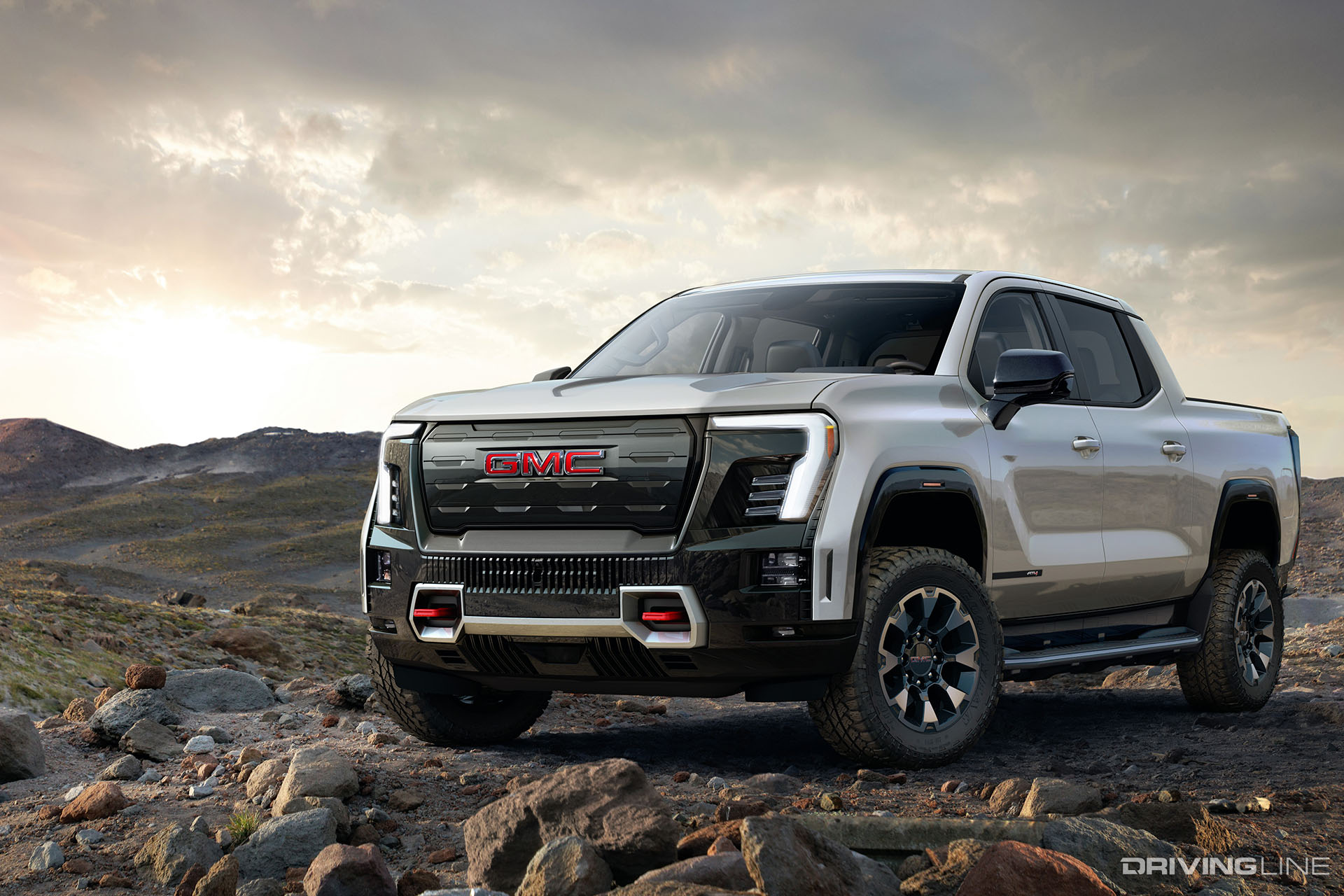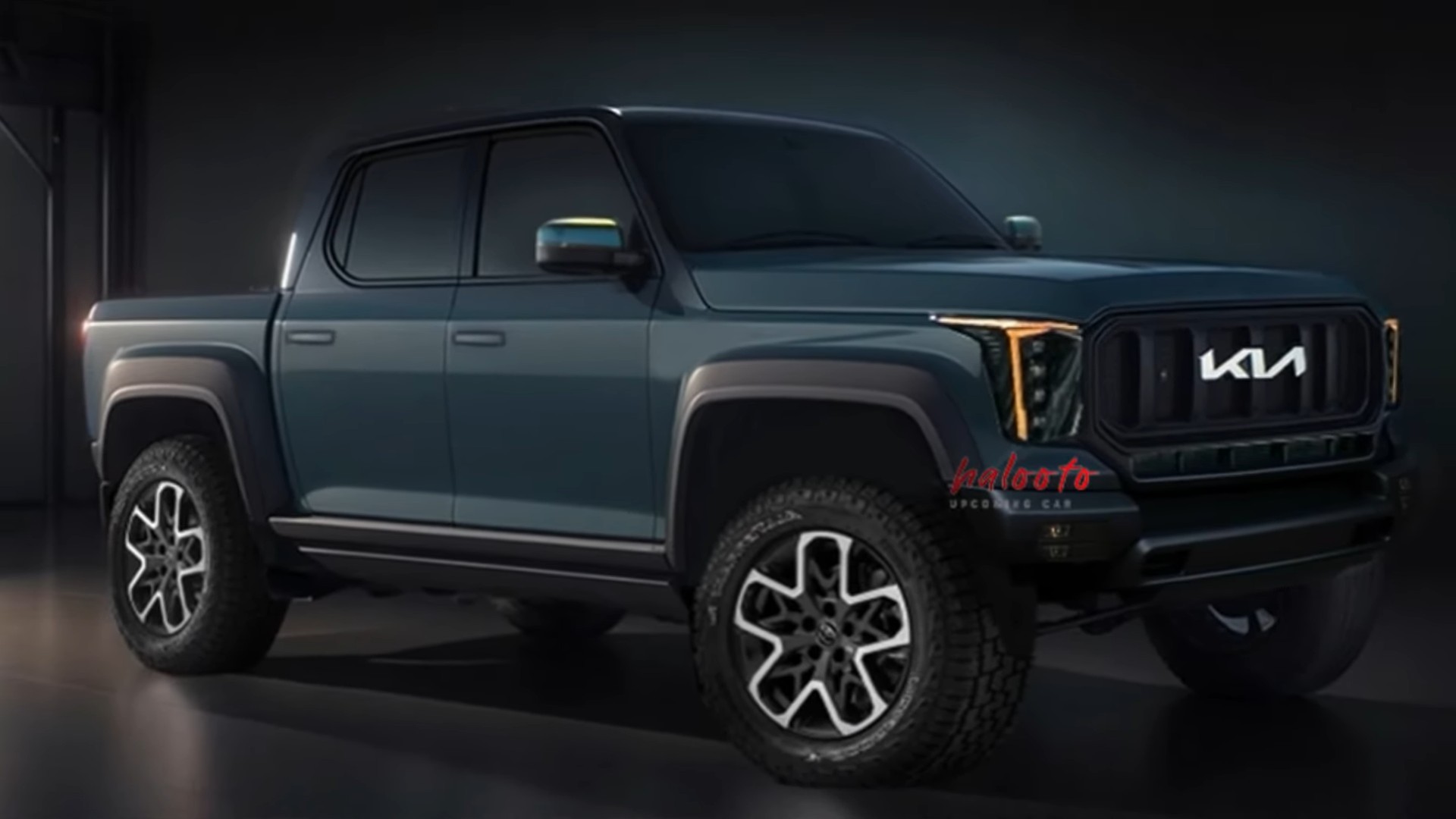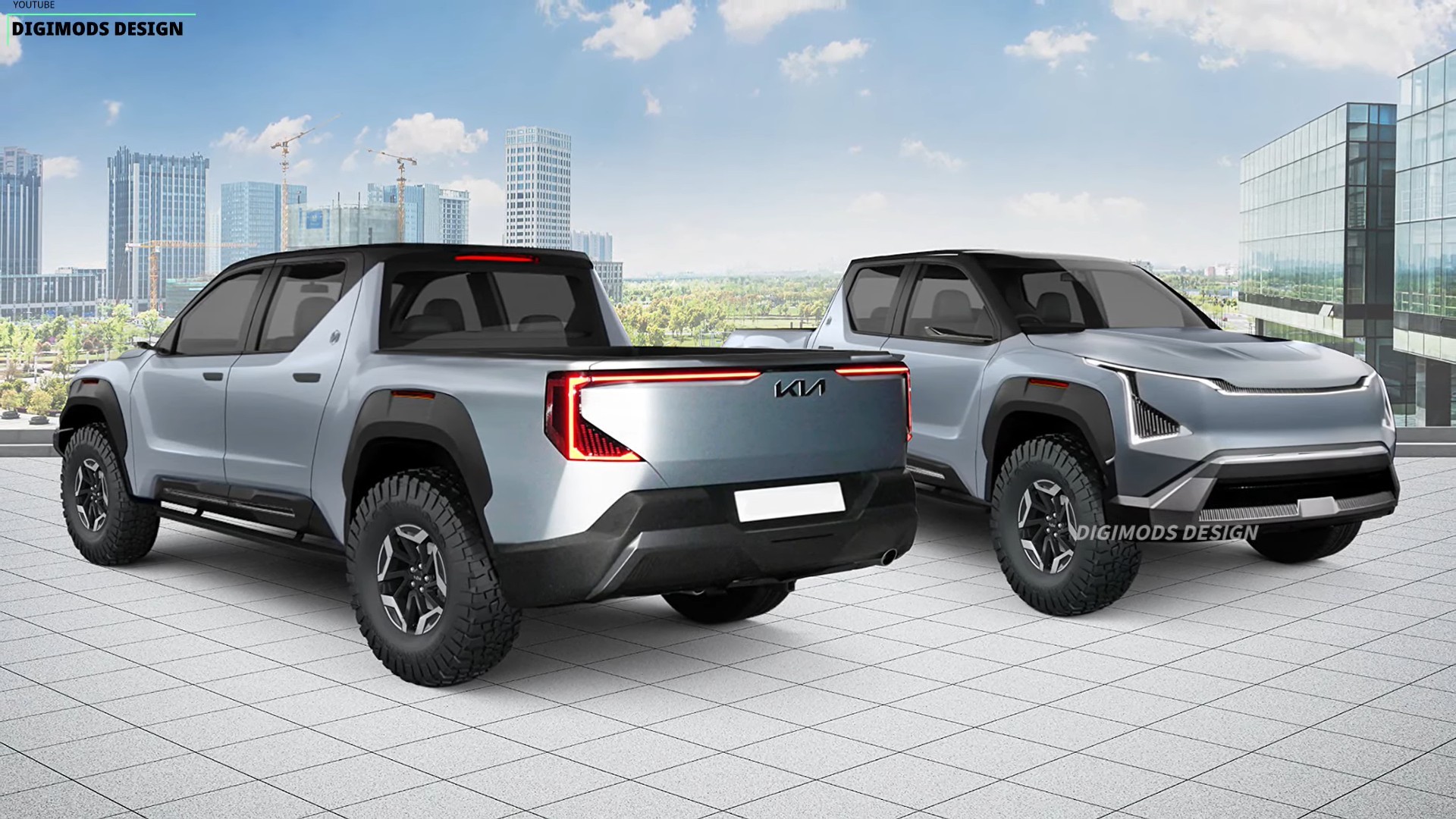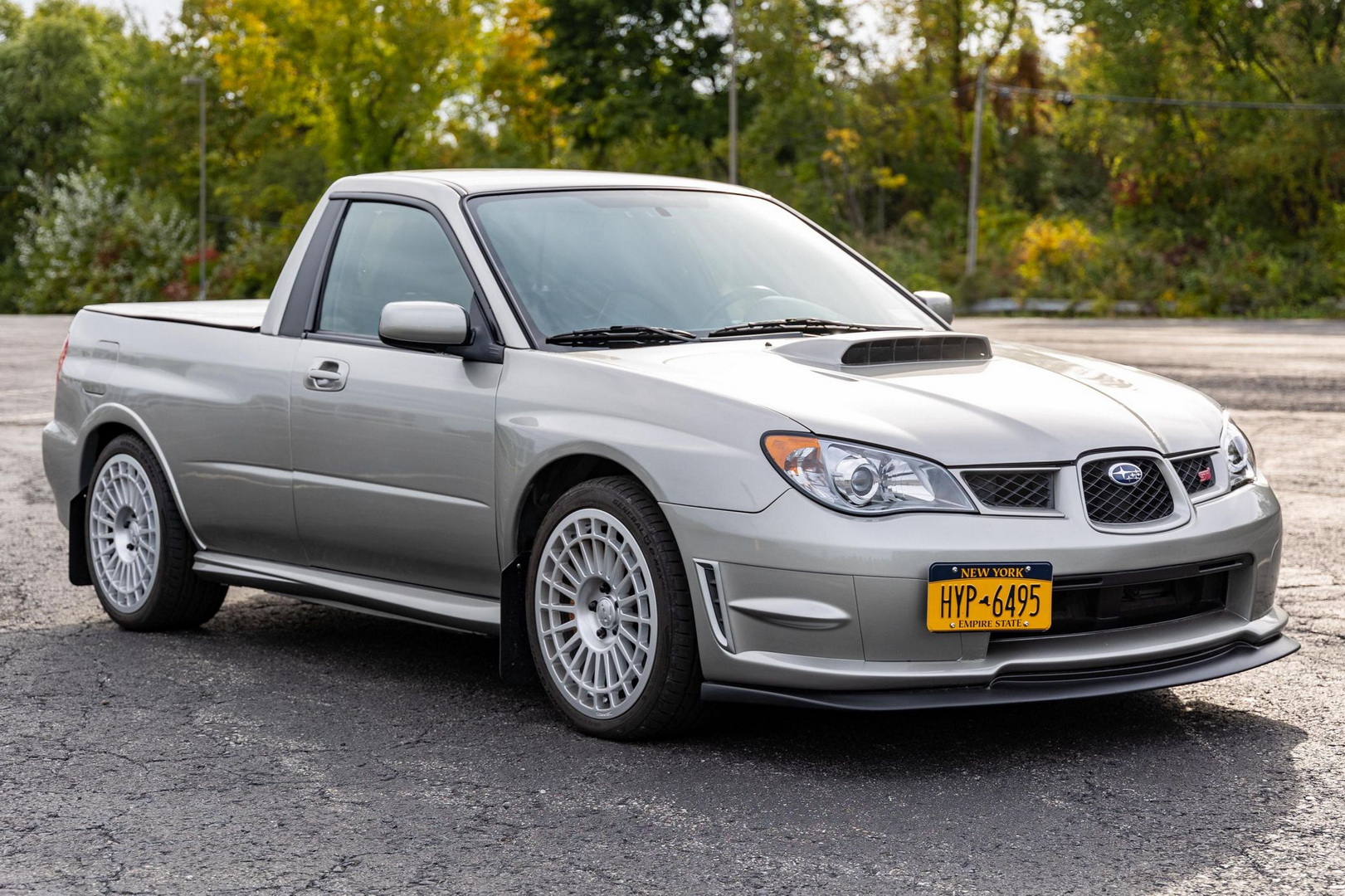Pickup Trucks Small: The Right-Sized Revolution pickup.truckstrend.com
In a world where vehicles seem to grow larger with each passing year, a quiet revolution is underway in the automotive landscape: the resurgence of the "small" pickup truck. No longer just a relic of the past, these nimble and versatile vehicles are redefining utility, offering a compelling blend of capability, efficiency, and maneuverability that full-size trucks simply can’t match for many drivers. Far from being mere compromises, today’s small pickup trucks are sophisticated, feature-rich machines designed to fit seamlessly into modern lifestyles, whether you’re navigating urban jungles, embarking on weekend adventures, or tackling home improvement projects.
This comprehensive guide will delve into what defines these practical powerhouses, explore their myriad benefits, provide actionable insights for potential buyers, and address common questions, proving why "small" might just be the perfect size for your next truck.
Pickup Trucks Small: The Right-Sized Revolution
Defining the "Small" Pickup Truck
When we talk about "small" pickup trucks, we’re primarily referring to two distinct, yet often overlapping, categories: mid-size and compact/unibody trucks. Both are significantly smaller than their full-size brethren like the Ford F-150 or Chevrolet Silverado, offering a more manageable footprint.
- Mid-size Pickup Trucks: These are the traditional body-on-frame workhorses, albeit scaled down. Examples include the Toyota Tacoma, Chevrolet Colorado, Nissan Frontier, Ford Ranger, and Jeep Gladiator. They retain much of the rugged construction of full-size trucks, offering impressive towing and payload capacities (typically 1,000-1,800 lbs payload and 3,500-7,700 lbs towing) while being easier to maneuver. Their dimensions usually range from 200-225 inches in length.
- Compact/Unibody Pickup Trucks: This newer, rapidly growing segment includes vehicles like the Ford Maverick and Hyundai Santa Cruz. These trucks are often built on a unibody platform, similar to an SUV or car, which provides a more comfortable, car-like ride and superior fuel efficiency. While their towing and payload capacities are generally lower than mid-size trucks (often 1,500 lbs payload and 2,000-4,500 lbs towing), they excel in urban environments and offer a blend of truck utility with crossover comfort. Their length usually falls under 200 inches.
The "small" designation, therefore, isn’t about lacking capability, but about offering a more proportionate, efficient, and user-friendly package for the majority of truck owners who don’t need to tow a fifth-wheel trailer or haul a ton of bricks daily.
The Resurgence: Why Small Trucks Are Back in Style

The popularity of small pickup trucks is not a new phenomenon; models like the Ford Ranger and Chevrolet S-10 were staples for decades. However, the market shifted towards larger, more luxurious full-size trucks. Now, economic factors, changing lifestyles, and a desire for practicality are fueling a strong comeback for their smaller counterparts.
- Urbanization: As more people live and work in cities, navigating tight streets and crowded parking lots in a massive truck becomes a chore. Small pickups offer the utility without the bulk.
- Fuel Efficiency Concerns: With fluctuating fuel prices and a growing environmental consciousness, the superior fuel economy of smaller trucks (especially those with 4-cylinder or hybrid options) is a significant draw.
- Lifestyle Vehicles: Many buyers don’t need a truck for heavy-duty work but want the open bed for hobbies like mountain biking, kayaking, camping, or light DIY projects. Small trucks are perfectly sized for these activities.
- Affordability: Generally, smaller trucks come with a lower sticker price, lower insurance costs, and often cheaper maintenance, making truck ownership more accessible.
- Improved Comfort & Features: Modern small trucks are light-years ahead of their predecessors in terms of interior comfort, infotainment, and advanced safety features, making them excellent daily drivers.

Unyielding Advantages: Benefits of Opting for a Small Pickup
Choosing a small pickup truck offers a compelling array of benefits that cater to a wide range of needs:

- Superior Maneuverability: Their shorter wheelbase and narrower stance make them far easier to navigate through congested city traffic, tight parking garages, and winding trails. Parallel parking becomes a realistic endeavor, not a stressful ordeal.
- Enhanced Fuel Economy: This is perhaps one of the most significant advantages. With lighter curb weights and smaller engine options (including hybrids in some compact models), small pickups deliver considerably better miles per gallon than full-size trucks, saving money at the pump.
- Greater Affordability: From the initial purchase price to ongoing costs like insurance and registration, small trucks are generally more budget-friendly. This makes them an excellent entry point for first-time truck buyers or those seeking a cost-effective utility vehicle.
- Impressive Versatility: Despite their size, these trucks are incredibly versatile. They can haul mulch for your garden, transport furniture, carry bikes to the trail, or serve as a comfortable daily commuter. They bridge the gap between a family SUV and a dedicated work truck.
- Right-Sizing for Most Tasks: For the vast majority of homeowners, small business owners, and outdoor enthusiasts, the payload and towing capabilities of a small pickup are perfectly adequate. There’s no need to pay for or drive around the unused capacity of a full-size truck.
Versatile Applications: Who Benefits Most from a Small Pickup?
The appeal of small pickup trucks stretches across a diverse demographic, proving their adaptability:
- City Dwellers & Suburban Families: Need a vehicle for occasional hauling (home improvement, moving college kids) but primarily use it for daily commutes and family errands. The maneuverability and better fuel economy are key.
- Outdoor Enthusiasts: Cyclists, kayakers, campers, and surfers find the open bed invaluable for transporting gear that wouldn’t fit inside an SUV. Many models also offer decent off-road capabilities for reaching remote trailheads.
- Small Businesses & Independent Contractors: Plumbers, electricians, landscapers, painters, and delivery services needing a reliable, efficient vehicle for tools, materials, and equipment without the overhead of a large commercial truck.
- DIYers & Homeowners: Perfect for trips to the lumberyard, hauling garden supplies, moving appliances, or disposing of debris from renovation projects.
- First-Time Truck Buyers: Less intimidating to drive and park than full-size trucks, making them an ideal introduction to truck ownership.
Making the Right Choice: Key Considerations Before Your Purchase
Choosing the right small pickup truck requires careful consideration of your specific needs and priorities.
- Payload & Towing Capacity: Be realistic about what you’ll be hauling or towing. While small trucks are capable, they have limits. Always check the specific model’s ratings and factor in the weight of passengers and cargo.
- Cab & Bed Configurations:
- Regular Cab: Single row of seats, longest available bed. Less common now.
- Extended Cab (e.g., King Cab, Access Cab): Small rear jump seats, still allows for a longer bed.
- Crew Cab (e.g., Double Cab, SuperCrew): Full-size rear seats, most comfortable for passengers, but usually paired with the shortest bed. This is the most popular configuration.
- Drivetrain:
- 2WD (Two-Wheel Drive): More fuel-efficient, generally cheaper. Ideal for paved roads and light duty.
- 4WD (Four-Wheel Drive) / AWD (All-Wheel Drive): Essential for off-road adventures, snow, mud, or challenging terrain. Adds cost and reduces fuel economy slightly.
- Engine Options: Modern small trucks offer diverse powertrains:
- 4-Cylinder: Best for fuel economy, suitable for lighter tasks.
- V6: More power and torque, better for towing and hauling.
- Diesel: Excellent torque for towing, often good fuel economy, but higher upfront cost.
- Hybrid: (Currently unique to Ford Maverick) Exceptional fuel economy for urban driving.
- Features & Trim Levels: Decide which amenities are essential. Modern small trucks can be equipped with advanced infotainment systems, safety features (ADAS like adaptive cruise control, lane-keeping assist), premium interiors, and specialized off-road packages.
- Test Drive: Crucially, drive your top contenders. Pay attention to ride quality, cabin noise, seating comfort, visibility, and how easy it is to maneuver and park.
Optimizing Your Small Pickup: Tips for Maximum Utility
To truly get the most out of your small pickup truck, consider these practical tips:
- Accessorize Smartly: Invest in accessories that enhance functionality. A bed liner protects the bed, a tonneau cover secures cargo from weather and theft, bed extenders allow longer items to be carried, and cargo management systems keep things organized. Roof racks are great for oversized gear.
- Understand Weight Distribution: When loading the bed, place heavier items forward, as close to the cab and over the rear axle as possible. This maintains balance and stability, especially when braking.
- Secure Your Load: Always use appropriate tie-downs, straps, or cargo nets to secure anything in the bed. Unsecured cargo is a hazard to you and others on the road.
- Regular Maintenance: Adhere to the manufacturer’s recommended service schedule. If you frequently tow or haul heavy loads, consider more frequent checks on brakes, tires, and fluids.
- Know Your Limits: Never exceed your truck’s stated payload or towing capacity. Overloading is dangerous, can damage your vehicle, and may void your warranty. When in doubt, err on the side of caution.
Navigating Challenges: Potential Downsides and Solutions
While small pickups offer immense advantages, it’s important to acknowledge potential limitations and how to address them:
- Limited Payload/Towing Capacity Compared to Full-Size:
- Solution: For occasional heavy-duty tasks that exceed your small truck’s limits, consider renting a larger truck or utilizing a specialized towing service. For most needs, a small truck is perfectly capable.
- Less Interior Space (Especially with Shorter Cabs):
- Solution: If passenger space is a priority, opt for a crew cab configuration. Utilize clever interior storage solutions and organizational accessories.
- Still Larger Than a Sedan/Crossover:
- Solution: While smaller than full-size trucks, they are still larger than many cars. Practice parking, utilize backup cameras and parking sensors, and take advantage of their better turning radius.
- Fewer Engine Options (Historically):
- Solution: The market is evolving. Many modern small trucks now offer powerful V6s, efficient diesels, and even hybrid powertrains, providing a range of choices to suit different performance and economy needs.
Estimated Starting MSRP for Popular Small Pickup Trucks
Here’s a generalized table of estimated starting Manufacturer’s Suggested Retail Prices (MSRP) for some popular small pickup trucks. Please note that these are base model estimates and actual prices will vary significantly based on trim level, options, location, market conditions, and dealer markups. Always consult with a dealership for the most current and accurate pricing.
| Model Name | Category | Estimated Starting MSRP | Key Features / Niche | Target Audience |
|---|---|---|---|---|
| Ford Maverick | Compact Unibody | $23,815 | Standard Hybrid, excellent fuel economy, urban-friendly | City dwellers, light haulers, budget-conscious |
| Hyundai Santa Cruz | Compact Unibody | $28,275 | SUV-like comfort, sporty design, versatile bed | Urban adventurers, active lifestyles, crossover buyers |
| Nissan Frontier | Mid-size Body-on-Frame | $30,710 | Rugged design, proven reliability, good value | Practical users, value-seekers, moderate off-road |
| Chevrolet Colorado | Mid-size Body-on-Frame | $31,095 | Powerful engine options, modern tech, ZR2 off-road | Work & play, off-roaders, those needing more power |
| Toyota Tacoma | Mid-size Body-on-Frame | $31,500 | Legendary reliability, strong off-road capability | Off-road enthusiasts, traditional truck buyers |
| Honda Ridgeline | Mid-size Unibody | $40,175 | SUV comfort, innovative trunk, smooth ride | Families, light duty, comfortable daily driving |
Note: Prices are estimated starting MSRPs for base models in the U.S. and are subject to change based on trim, options, location, and market conditions. Always check with a dealer for the most current pricing.
Frequently Asked Questions (FAQ)
Q: Are small pickup trucks fuel efficient?
A: Generally, yes, significantly more so than full-size trucks. Compact unibody models (like the Ford Maverick Hybrid) can achieve car-like MPG, while mid-size trucks with 4-cylinder engines also offer competitive fuel economy compared to larger vehicles.
Q: Can small pickup trucks tow a lot?
A: "A lot" is relative, but they are surprisingly capable. Mid-size body-on-frame trucks can typically tow between 6,000 and 7,700 lbs, which is sufficient for many campers, small boats, utility trailers, or car haulers. Compact unibody trucks usually tow between 2,000 and 4,500 lbs, ideal for jet skis, small U-Hauls, or light utility trailers. Always check the specific model’s rating.
Q: What’s the main difference between compact and mid-size pickup trucks?
A: Compact trucks (e.g., Ford Maverick, Hyundai Santa Cruz) are often unibody construction (like an SUV), prioritizing fuel economy, a car-like ride, and urban maneuverability. Mid-size trucks (e.g., Toyota Tacoma, Chevy Colorado) are typically body-on-frame, offering higher towing/payload capacities, more rugged durability, and better off-road potential.
Q: Are small trucks good for daily driving?
A: Absolutely. Modern small trucks, especially the unibody models, offer excellent ride comfort, advanced infotainment systems, and a suite of safety features, making them very pleasant for daily commutes and family errands while still providing the utility of an open bed.
Q: What are the best small pickup trucks on the market?
A: The "best" depends on your specific needs. For unparalleled fuel economy and urban practicality, the Ford Maverick is a standout. For legendary reliability and off-road prowess, the Toyota Tacoma is a perennial favorite. For a blend of power and modern features, the Chevrolet Colorado is strong. For SUV-like comfort and innovative features, the Honda Ridgeline is unique.
Q: Do small trucks come in 4×4?
A: Yes, most mid-size pickup trucks offer robust 4×4 options, often with advanced off-road features. Some compact unibody trucks also offer all-wheel drive (AWD), which provides enhanced traction for slippery conditions.
Conclusion
Pickup trucks, small in stature but mighty in capability, are proving to be far more than just a niche segment. They represent a smart, practical, and increasingly sophisticated choice for a diverse range of drivers. By offering a compelling blend of utility, efficiency, and maneuverability, these vehicles are perfectly suited for modern lifestyles, allowing owners to tackle work projects, embark on outdoor adventures, or simply navigate daily life with ease.
The future of the pickup truck market is undoubtedly diverse, and the continued innovation in the "small" segment ensures that there’s a right-sized truck for nearly every need. If you’re seeking a vehicle that offers the versatility of a truck without the bulk and cost of a full-size, the small pickup truck might just be your ideal automotive companion.
